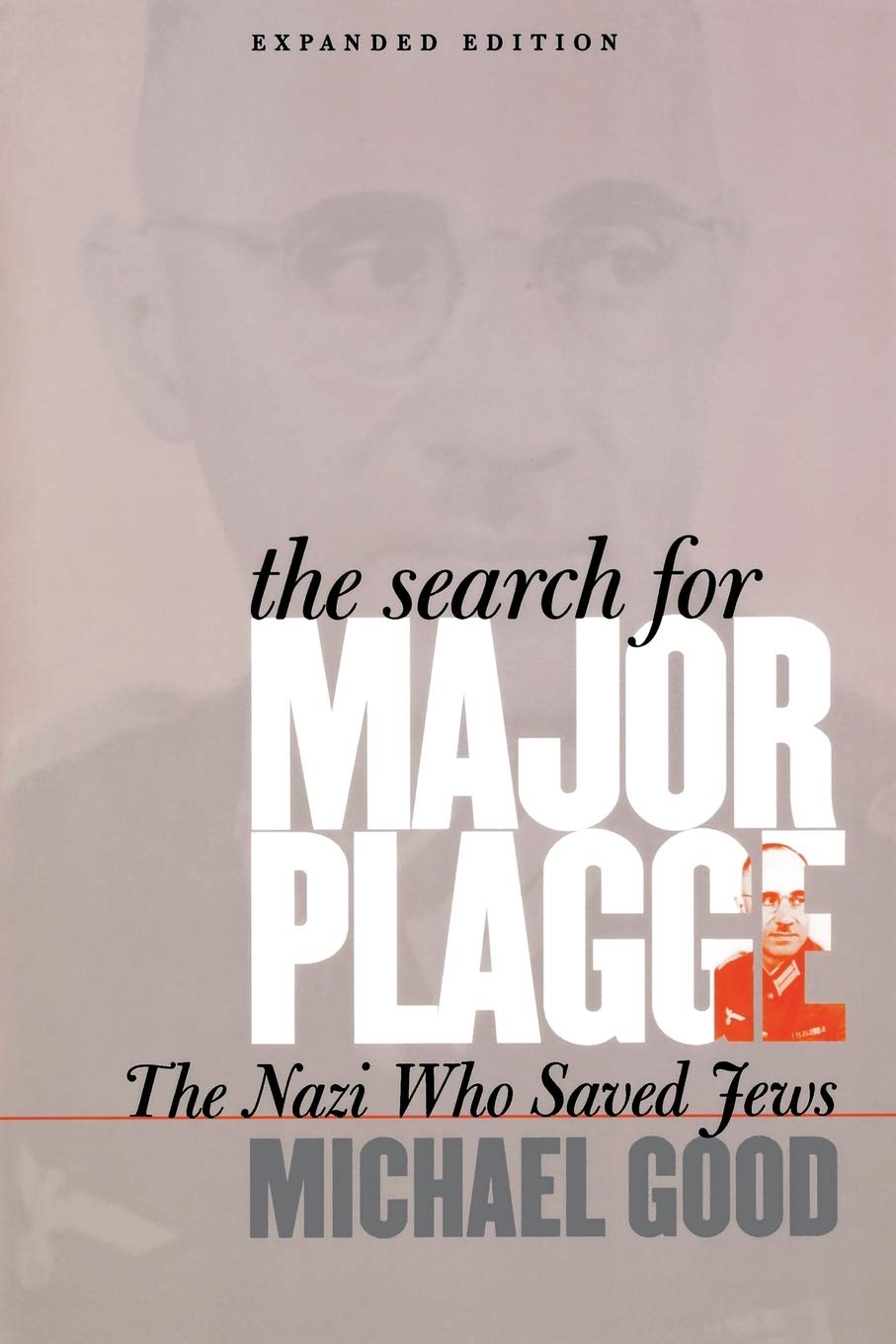About this deal
You will be escorted during this evacuation by the SS which, as you know, is an organization devoted to the protection of refugees. Plagge exaggerated their importance to the war effort and managed to secure the release of all of them. Plagge argued with SS-Obersturmführer Rolf Neugebauer in an attempt to secure their release, but was unable to save them. This kind of work permit protected the worker, his wife and two of their children from the SS sweeps.
On July 1st, 1944 Major Plagge entered the camp and as the prisoners gathered around him, he made an informal speech. Very interesting to me because my mother and her siblings were helped by a German officer in Poland after the arrest of their parents by the gestapo. As the story unfolds, we come to understand why Plagge, after the war, was still conflicted and filled with guilt. On certain occasions, Plagge's policy of non-confrontation with the SS put him "in a catch-22 situation with serious moral implications", according to historian Kim Priemel.She never talked to us about how she survived, but there she told me about this mysterious officer, Major Plagge, who she said saved her life and the lives of her parents and 250 other Jewish prisoners," he said. Good decides that the saintly Major Plagge must be commemorated, but is hindered by the fact, that none of the people who honor the Major's memory, even know his first name! Nevertheless, I highly recommend this book if you have any interest in this era or in the way people treat each other.
On 1 September, about 300 of Plagge's workers were seized by the SS for transportation to the Klooga concentration camp. The outcome of his trial was positively influenced by the testimony of his many prisoners who heard of the charges being brought against him and sent representatives to testify on his behalf. This expanded edition features new photographs and a new epilogue on the impact of the discovery of Karl Plagge―especially the story of 83-year-old Alfons von Deschwanden, who, after fifty years of silence, came forward as a veteran of Plagge’s unit.It concludes with some thought as to his motivation, and the account of how the 'Plagge group' fought for official recognition of his endeavours. The camp was to be dissolved; accused of being soft on Jews, Plagge was forbidden to take them with his unit. Michael Good, a Connecticut physician, whose mother Pearl and her family were mong Major Plagge's (more than 250) lucky saved souls, in tracing an unlikely Nazi's life and assuring the rightful recognition of a mensch who was too humble to acknowledge his own uniqueness.
This is an exceptional story of one man’s bravery and compassion in a world where six million Jews were murdered. Plagge went to the train station to argue with an SS non-commissioned officer, Bruno Kittel, who was in charge of the liquidation. When war broke out in September 1939, Plagge, who by this time was an educated man, was drafted by the Wehrmacht, given the rank of Major, and placed in charge of a military motor-vehicle repair station in Vilna. A few Jews hid in the ruins of the ghetto; arguing that he needed more workers, Plagge brought 100 arrested Jews into HKP. He also insisted that the men be allowed to bring their wives and children, saying it would be good for morale and pro duction.Plagge gave work certificates to Jewish men, certifying them as essential and skilled workers regardless of their actual backgrounds. It's not just the typical villainizing of the evil Nazi Germans, but an even deeper look into the nature of all who either watched, aided or benefited from the extermination of a defenseless people. In a letter shortly before his death in 1958, Plagge told a friend: "I never felt that this needed special courage.
The Plagge Group disagreed, pointing out that Wehrmacht soldiers associating with Jews were threatened with being treated as Jews; indeed, Wehrmacht Sergeant Anton Schmid had been executed in 1942 for helping Jews in the Vilna Ghetto. Plagge was born to a Prussian family in Darmstadt, Germany, on 10 July 1897; many of his ancestors had been military doctors. In conclusion, this reader feels, that many of us have probably asked ourselves, whether - faced with a situation like Plagge's - we would have acted honorably or otherwise.
Jewish men, women, and children, including Good’s mother, by refusing to follow protocol and outwitting his superiors. Good became interested in Holocaust history in 1999 when he traveled to Vilnius, Lithuania, with his parents to explore his family origins and hear their tales of survival during the Holocaust.
 Great Deal
Great Deal 